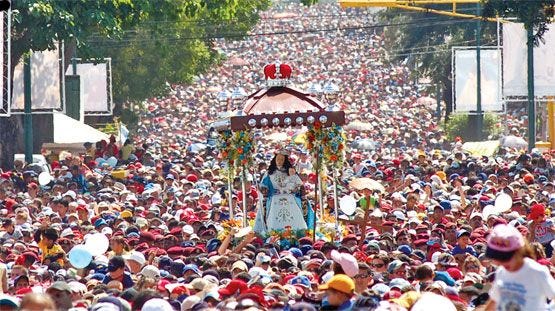A bishop and a kingpin — The unusual situation of the Church in Venezuela
A clash between a bishop and a politician in Venezuela demonstrates the unusual situation of the Church and the Maduro regime.

A Venezuelan lawmaker took a rhetorical swing at a prominent bishop in the country last month, soon after the bishop blamed Venezuela’s ruling political party for the country’s dire economic and political situation.
It’s nothing new in Venezuela for a politician to criticize the Church.
But when it happened in January, the criticism came as a surprise to …
